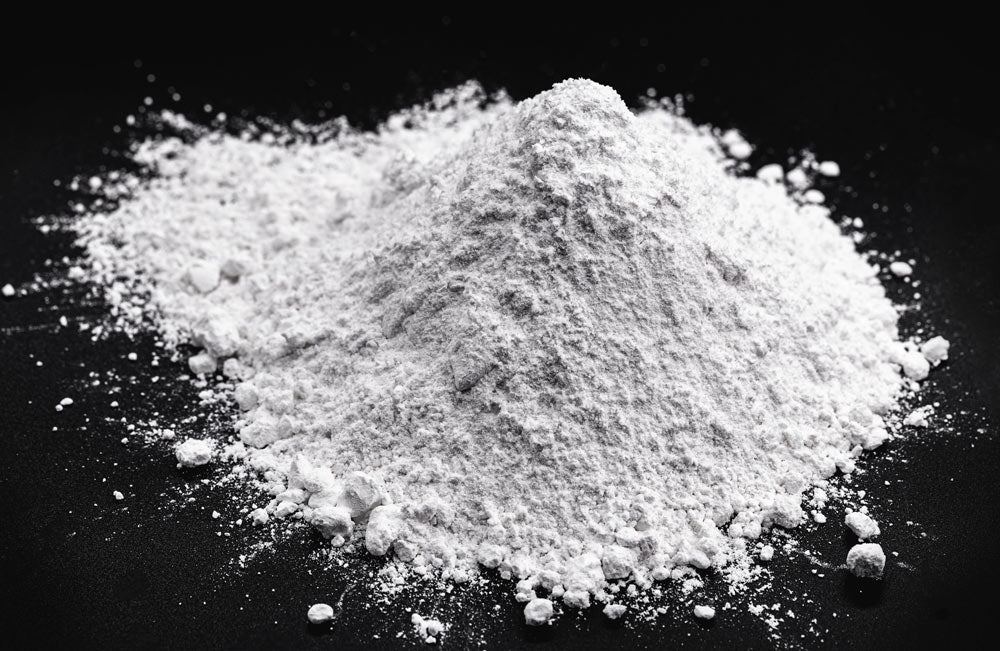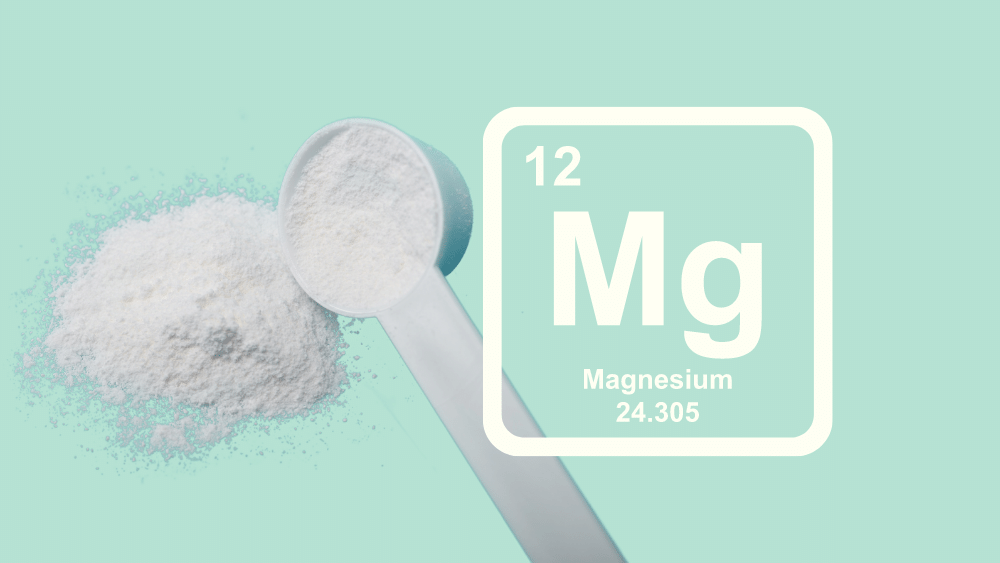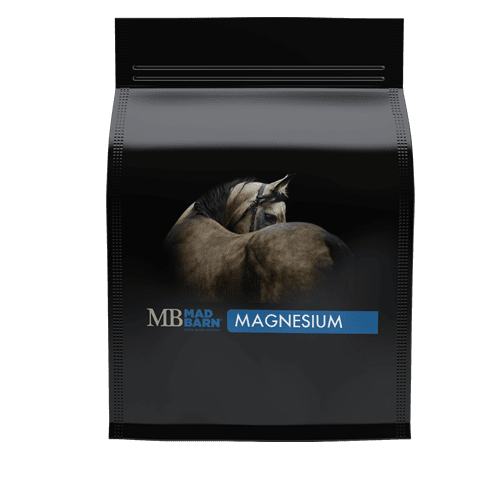Magnesium Deficiency Signs and Treatment for Your Horse

Magnesium is an essential mineral that plays a vital role in your horse’s overall health, affecting muscle function, nerve transmission, and bone development. Recognizing the signs of magnesium deficiency early can prevent serious health issues and improve your horse’s well-being.
Understanding Magnesium Deficiency in Horses

Magnesium deficiency, also known as hypomagnesemia, occurs when a horse’s diet lacks sufficient magnesium or when absorption is impaired. This condition can lead to muscle tremors, behavioral changes, and in severe cases, seizures.
Common Signs of Magnesium Deficiency

| Symptom | Description |
|---|---|
| Muscle Tremors | Involuntary muscle twitching or spasms |
| Behavioral Changes | Increased irritability, restlessness, or anxiety |
| Poor Appetite | Reduced interest in food or feed |
| Muscle Weakness | Difficulty in movement or fatigue |
| Seizures | Severe neurological episodes in extreme cases |
Causes of Magnesium Deficiency
- Inadequate Dietary Intake: Diets low in magnesium-rich forage or supplements.
- Poor Absorption: Digestive issues that reduce magnesium uptake.
- Excessive Loss: Conditions causing magnesium loss through urine or sweat.
Treatment Options
- Dietary Supplementation: Adding magnesium supplements such as magnesium oxide or magnesium sulfate to the horse’s feed.
- Forage Management: Providing magnesium-rich hay or pasture.
- Veterinary Care: In severe cases, intravenous magnesium may be necessary under veterinary supervision.
Preventing Magnesium Deficiency
- Regularly test forage and soil magnesium levels.
- Ensure a balanced diet with adequate minerals.
- Monitor horses for early signs and consult a vet promptly.
FAQ
Q: How quickly can magnesium deficiency be corrected?
A: Mild cases may improve within days of supplementation, but severe cases require veterinary intervention.
Q: Can magnesium deficiency affect a horse’s performance?
A: Yes, it can cause muscle weakness and behavioral issues that impair performance.
Q: Are there risks to over-supplementing magnesium?
A: Excess magnesium can cause digestive upset; always follow dosage recommendations.
By understanding and addressing magnesium deficiency, you can help ensure your horse remains healthy and active. Using tables and FAQs in your blog article will make the information accessible and engaging for readers.
